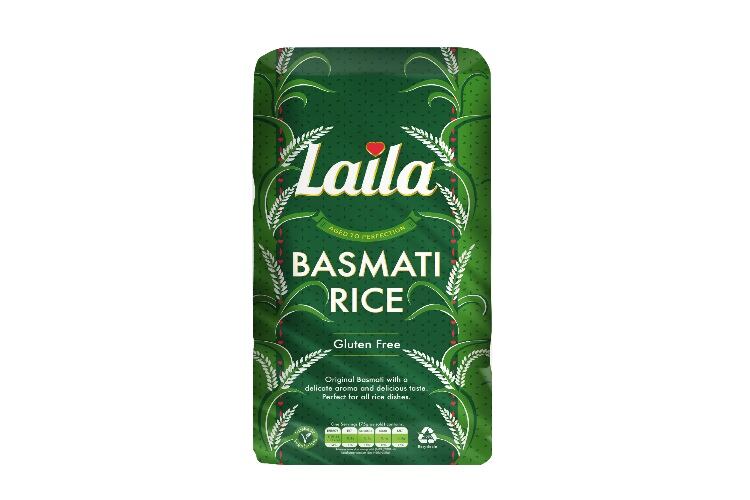The coming together of much of the UK’s food industry in WRAP’s new Food Waste Road Map is overwhelmingly positive. Corralling so many stakeholders from across the sector, each with their own set of objectives and interests, is no mean feat, and is worthy of commendation.
Part of the challenge in reducing the estimated £20bn of food waste that occurs each year is because the food and drink sector works in an unstable landscape, forecasting many months in advance, and in an environment of ever-changing consumer preferences. A wet August bank holiday weekend, for example, means a dramatic reduction in projected sales of food for the barbecue.
Surplus is, therefore, inevitable and measures taken to tackle waste arising from the manufacturing process will only go so far in achieving the ambitious objectives of the Road Map.
If large supply chain businesses are to meet the commitments they have made, they must redistribute this inevitable surplus stock to stop it needlessly going to waste. Yet this can have additional benefits other than the environmental and social good that arises when the industry takes action in this way.
More than £100m
My own family business, Company Shop, has delivered a commercial return of more than £100m to our suppliers since 2010 by purchasing surplus and selling it to our members to help their budgets stretch further. This financial return supports manufacturing jobs in the supply chain. It’s a figure which will continue to grow as we scale up our operations, having just opened our latest superstore in Washington in the noeth-east last week, with plans for further expansion underway.
As WRAP has recognised, both commercial and social redistribution will be an essential part of the solution for our industry as we journey down the Road Map, and the onus is now on all manufacturers to satisfy the public’s desire to see surplus food primarily redistributed for human consumption.
Recent polling by YouGov showed 73% of all British adults think the best solution for surplus edible food in the supply chain is to redistribute it for human consumption, so there is public support for this as well. This is even more imperative given that signatories of the Road Map are committing to increased transparency and reporting mechanisms.
Today is only the start of this journey, and the redistribution sector stands ready to support any suppliers who want to make sure that good food reaches people’s plates first.




